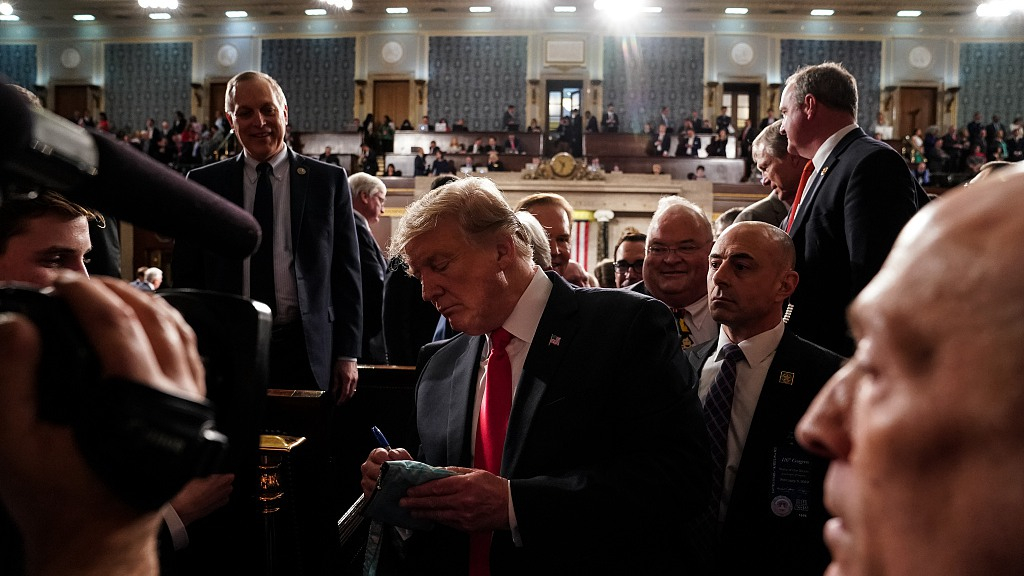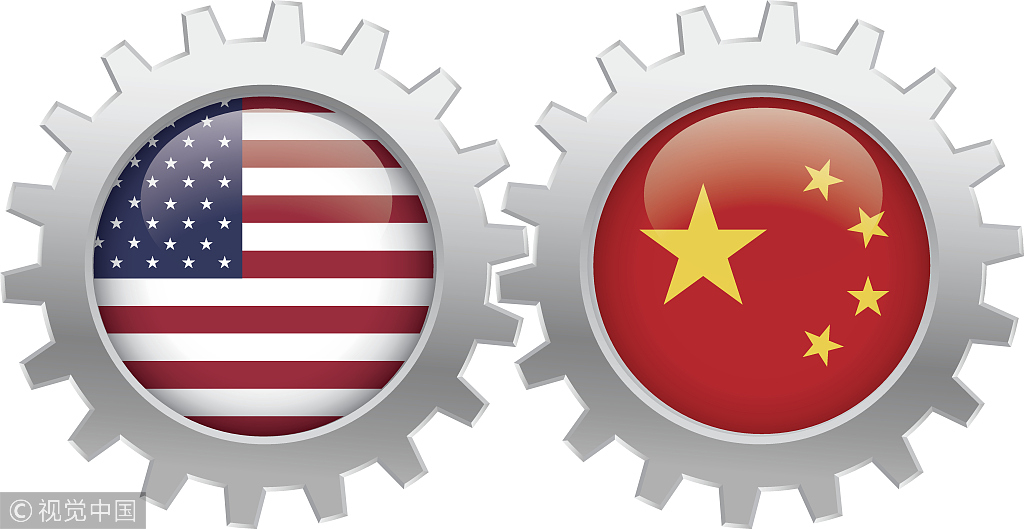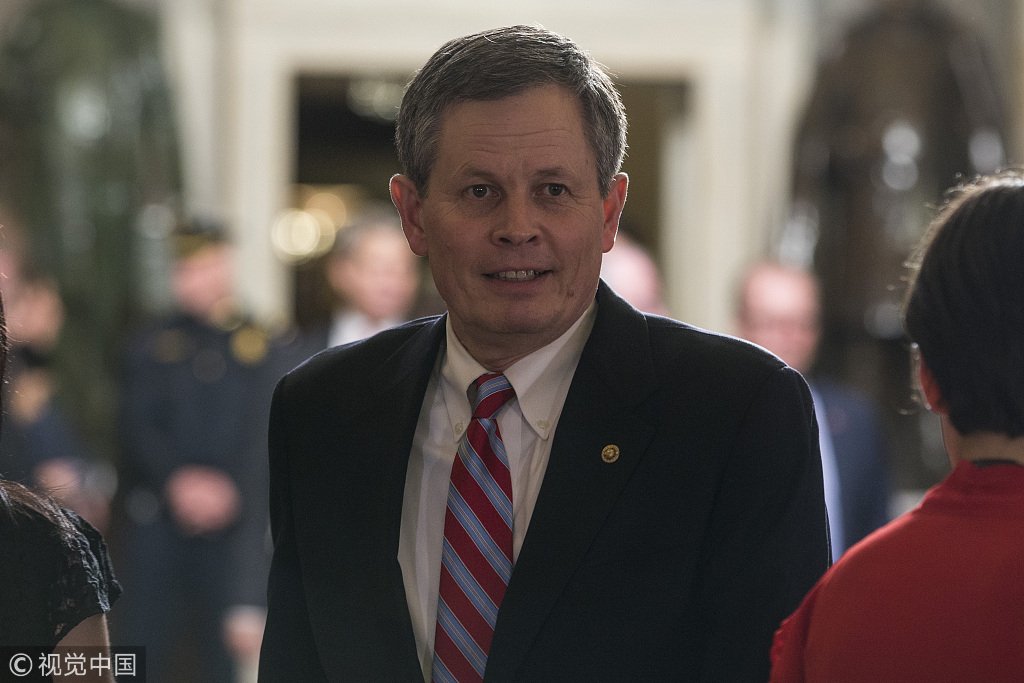
Opinion
23:00, 06-Feb-2019
Opinion: Sticking to a zero-sum mindset is in the interest of no side
Gong Ting

Editor's note: Gong Ting is an assistant research fellow with the China Institute of International Studies. The article reflects the author's opinion, and not necessarily the views of CGTN.
In his first State of the Union address in 2018, U.S. President Donald Trump described China and Russia as “rivals” that will challenge American interests. The rhetoric is in line with the tones reflected in the important foreign policy documents since his inauguration, including the 2017 National Security Strategy and the 2018 National Defense Strategy.
In his second State of the Union address one year later after the 2018 trade tensions, Trump seems quite satisfied with his coercive policy. As a result of such a policy, he believed that China's so-called “targeting our industries, and stealing our intellectual property, the theft of American jobs and wealth” has come to an end. He also spoke highly of the administration's decision to impose tariffs on Chinese goods worth 250 billion U.S. dollars and appreciated the “billions of dollars” received by U.S. Treasury.
Trump also attributed the past year's "incredible economic success" partially to his aggressive trade policy. In the address, he also attached much attention to "the unprecedented and rarely seen" economic boom, characterized by 5.3 million new jobs and 600,000 new manufacturing jobs, much faster economic growth speed, and the lowest unemployment rate in over half a century.

VCG Photo
VCG Photo
In this regard, "America First" is still the paramount goal. In Trump's eyes, his protectionist and coercive foreign policy works right towards the goal. It is quite easy and convenient for the U.S. side to create an imaginary "rival" and blame the "unfair trade with China," and thereafter to divert contradictions and attention of audiences at home to abroad.
The 90-day U.S.-China trade negotiation is still proceeding, and Trump said in his address that he expects it to "include real, structural change to end unfair trade practices, reduce our chronic trade deficit, and protect American jobs." He also requested that Congress pass the U.S. Reciprocal Trade Act, under which if other countries place an unfair tariff on an American product, the U.S. can charge them the exact same tariff on the same product that they sell to the U.S.
However, President Trump reiterated again his great respect for Chinese President Xi Jinping, and emphasized that the U.S. is now working on a new trade deal with China. At the same time, the just-concluded high-level bilateral consultation has achieved important and substantial progress, reaching an important consensus on promoting bilateral trade balance, deciding to conduct in-depth discussions on the two countries' respective concerns, such as intellectual property protection and technology transfer, and agreeing to further strengthen cooperation.

Senator Steve Daines arrives ahead of the State of the Union address in the chamber of the U.S. House of Representatives at the U.S. Capitol Building in Washington, DC, February 5, 2019. /VCG Photo
Senator Steve Daines arrives ahead of the State of the Union address in the chamber of the U.S. House of Representatives at the U.S. Capitol Building in Washington, DC, February 5, 2019. /VCG Photo
Nevertheless, it is obvious that the U.S. will remain its hard line on economic and trade issues with China, and that the ongoing trade talks will still encounter challenges in addressing structural concerns. For both China and the U.S., they need to be considerate of the other side. Issues of divergence should be treated properly.
In the world of growing interdependence and interconnectedness, keeping a zero-sum mindset is not in the interest of any side, and forging an economic partnership based upon mutual respect will serve the interest of our people.
(Cover photo: U.S. President Donald Trump departs the chamber of the U.S. House of Representatives after delivering the State of the Union address at the U.S. Capitol Building in Washington, DC, February 5, 2019. /VCG Photo)
(If you want to contribute and have specific expertise, please contact us at opinions@cgtn.com.)

SITEMAP
Copyright © 2018 CGTN. Beijing ICP prepared NO.16065310-3
Copyright © 2018 CGTN. Beijing ICP prepared NO.16065310-3